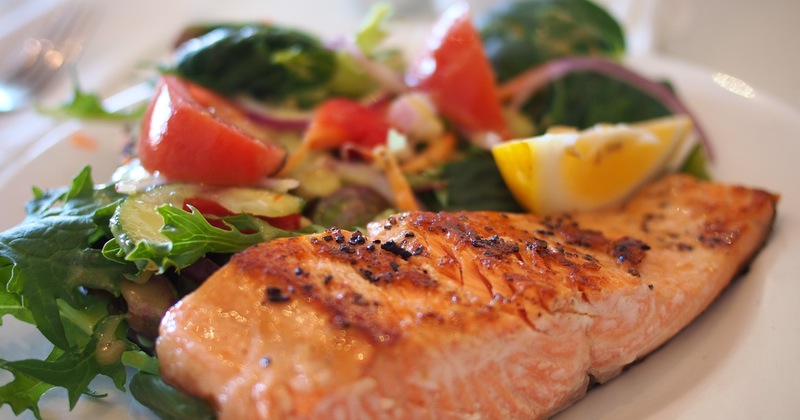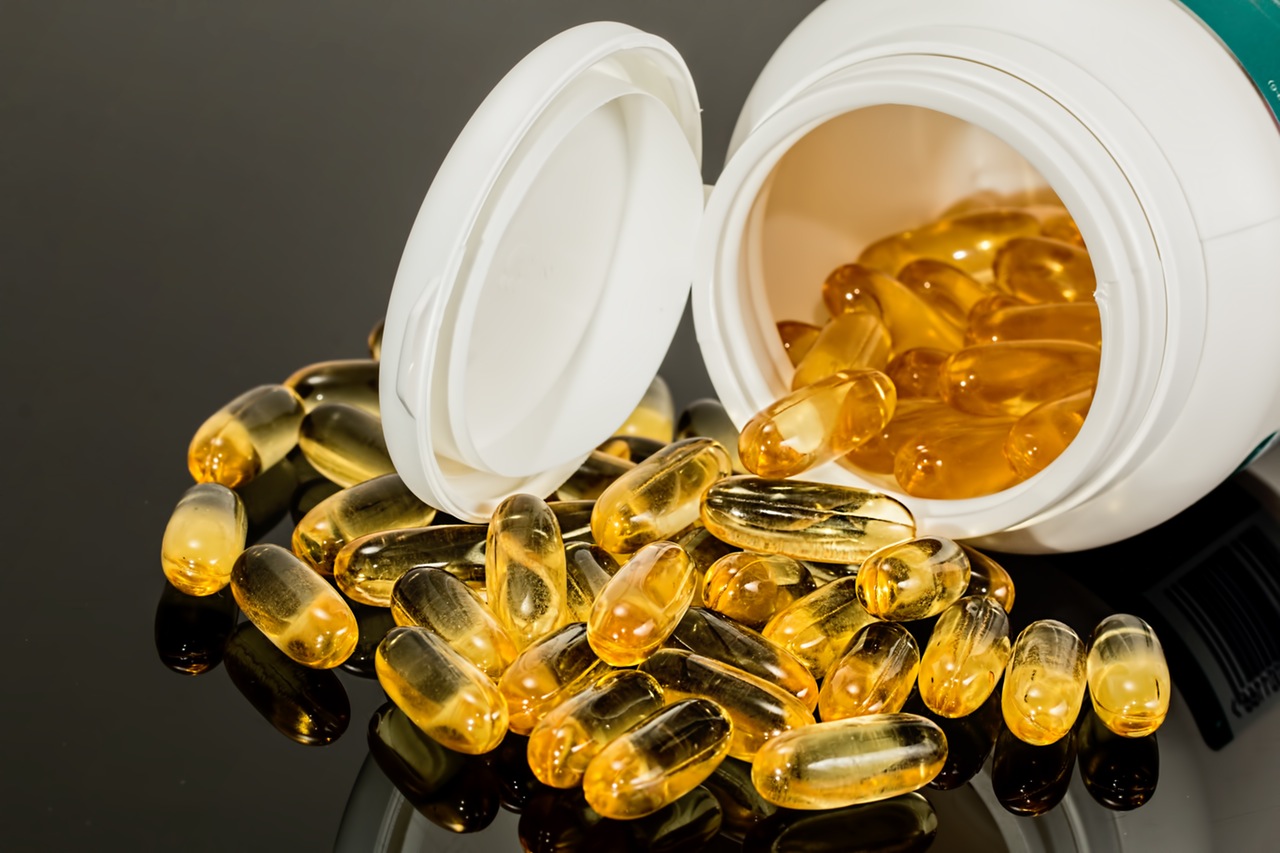
Symptoms of the menopause
Does the thought of the menopause fills you with dread? Perhaps you’ve heard all about the hot flushes many women experience, the weight gain, the mood changes – and night sweats so severe that the bed sheets need changing. Then there’s the decrease in libido, painful sex, depression and anxiety to contend with. It’s no wonder this part of the normal ageing process concerns us so much.
The time of a woman’s life when her ovaries stop releasing an egg (ovum) on a monthly cycle, and her periods cease
Full medical glossaryThe average age of the menopause?
The average age of the menopause in the UK is 50 years, just when women are at their prime of life, leading busy lives, holding down stressful jobs or juggling family life. A hundred years ago, women didn't live much past the age of 50, so the menopause was not such an issue. However, the age of the menopause has remained the same whilst we are surviving much longer. As women's life expectancy increases, so women are living for longer in the menopause.
The time of a woman’s life when her ovaries stop releasing an egg (ovum) on a monthly cycle, and her periods cease
Full medical glossaryNatural alternatives to HRT?
Hormone Replacement Therapy can certainly improve symptoms, but many women don’t wish to take it, and wish to find a more natural way to manage the menopause. Looking at other countries gives us an indication that this is certainly possible. The experience of menopause is different for each woman, but interestingly, western women have worse symptoms than women in some other countries, such as Japan, China and India. For example, one study showed that 64 per cent of British women reported suffering from tiredness, compared to just six per cent of those from Japan. When it comes to those aches and pains that seem to become more prevalent in the menopausal years, 54 percent of British women reported these were a problem – but just 14 percent of Japanese women complained of these.
The time of a woman’s life when her ovaries stop releasing an egg (ovum) on a monthly cycle, and her periods cease
Full medical glossaryHow Asian women manage the menopause
Asian women do, in general, consume a far healthier diet than British women. It’s full of oily fish, soy, green tea, fruit and vegetables. So, taking our cue from the lifestyles of these women in other countries who seem to manage the menopause better than us, what lifestyle changes can we make? We could start by following these four steps, which should ensure a smoother path during the menopause.
The time of a woman’s life when her ovaries stop releasing an egg (ovum) on a monthly cycle, and her periods cease
Full medical glossary
Eat a healthy diet
A healthy diet is the cornerstone of optimum health. A healthy diet allows the body to adapt to the changes in the hormones over time. It's so important to eat healthy and consistently to keep blood sugar levels stable in the menopause – eating sugary foods causes huge swings in blood glucose may cause symptoms very similar to menopausal symptoms such as excessive sweating, anxiety, irritability, mood swings, tiredness, poor memory and difficulty in concentration. Making sure your diet is balanced with protein, good fats (such as those found in salmon) and complex carbohydrates, lots of fresh vegetables and fruit, and plenty of hydration will help ease menopausal symptoms. Avoiding or reducing refined sugar, coffee and alcohol, all of which can make hot flushes and sweating much worse. This also helps to beat the fat around the middle, on the stomach and abdomen which so commonly occurs. Also, including foods such as tofu, soya, red clover, alfalfa, flaxseed and dandelion may help. These all include Phytoestrogens - weak plant oestrogens. It has been suggested that these may help lessen menopausal symptoms. Eating these foods – which all have an high consumption in the East - are also associated with a lower rate of breast cancer and lower cholesterol.
The time of a woman’s life when her ovaries stop releasing an egg (ovum) on a monthly cycle, and her periods cease
Full medical glossaryAdded benefits
Of course, eating a healthy diet is not just for the menopause. It has other benefits too, such as:
- Maintaining a healthy weigh
- Preventing heart disease
- Preventing osteoporosis
- Preventing cancer
- Prevents degenerative diseases such as arthritis
- Helps with joint stiffness
The time of a woman’s life when her ovaries stop releasing an egg (ovum) on a monthly cycle, and her periods cease
Full medical glossary
Take regular exercise
As women get older, without the benefit of oestrogen, bone density levels fall over time. It's especially important to do the right exercise to keep the bones strong, and keep the body supple to prevent falls. Weight bearing exercise, such as dancing and running are good choices, but if you don’t feel able to do this, even walking can help prevent osteoporosis. Use weights to strengthen the muscles, and cardio – that’s any activity that increases heart rate and respiration while using your muscles – is good for the heart. However, take note that cycling and swimming, don’t count as weight bearing exercise – although they’re still good for you. Put aside at least 30 minutes three times a week to exercise. It’s a great stress-buster - as well as helping keep your body strong, physical activity releases ‘feel good’ hormones, giving you a much-needed mood boost!
Reduce your stress
Most women will tell you that menopausal symptoms feel far worse when they’re feeling stressed. Depression can also become worse at the perimenopause because of reducing levels of oestrogen. Of course, exercising and a good diet will make stress less acutely felt, but relaxation techniques can also reduce symptoms of the menopause, such as anxiety. Simply focusing on your breathing for five minutes can have a positive effect on how you feel. Just slow down and be present in yourself. Mindfulness, yoga, breathing all help give a sense of objectivity so physical symptoms, like hot flushes, aren’t so keenly felt.
The time of a woman’s life when her ovaries stop releasing an egg (ovum) on a monthly cycle, and her periods cease
Full medical glossary
What supplements help the menopause?
There are a number of vitamin and mineral supplements which can be very beneficial around the time of the menopause and beyond. Vitamin D is one of the most important vitamins. Low levels of vitamin D have been linked with a higher risk of breast cancer, heart disease and osteoporosis. It has also been linked with inflammatory conditions such as rheumatoid arthritis and inflammatory bowel disease. Lower levels are more common in the winter when there is a lack of sunlight, so taking a good quality supplement is essential. Talk to your doctor or pharmacist about which all-round multivitamin is right for you.
The time of a woman’s life when her ovaries stop releasing an egg (ovum) on a monthly cycle, and her periods cease
Full medical glossaryHerbs to stop menopause symptoms
You’ve probably heard that herbs can help women during the menopause. Although herbal supplements often don’t have the kind of research to show their efficacy that prescription drugs have, many women find them very helpful. If you’re considering taking a herbal supplement, you should always talk to your doctor beforehand, in case there is a medical reason why you should avoid certain herbs - for example, they may interact with prescribed medication. If you do wish to take a herbal supplement, these are the ones commonly used, and how they help:
• Black cohosh. Effective for hot flushes, night sweats, mood changes, although it does not alter oestrogen levels. This has received bad press due to few cases of liver failure, but is widely used in Europe with good safety data, and considered effective.
• Sage. There’s some evidence to suggest this can help with memory.
• Agnus castus. Has hormone-balancing properties.
• Ginkgo biloba. Preliminary studies show it many help memory
• Dong Quai. Said to help with menstrual problems.
• Omega 3. Helps with dry skin, eyes and nails, fatigue, depression, aching joints, forgetfulness.
The time of a woman’s life when her ovaries stop releasing an egg (ovum) on a monthly cycle, and her periods cease
Full medical glossaryYour menopause, your choice
As a doctor, I always point out to women who come and see me that HRT is really effective and actually very safe. However, there are so many alternatives that can really help with symptoms and most importantly, long term health. What is vital, is to talk to a menopause specialist who will look at your individual case and help you make an informed decision about what treatment option is best for you.
The time of a woman’s life when her ovaries stop releasing an egg (ovum) on a monthly cycle, and her periods cease
Full medical glossary










